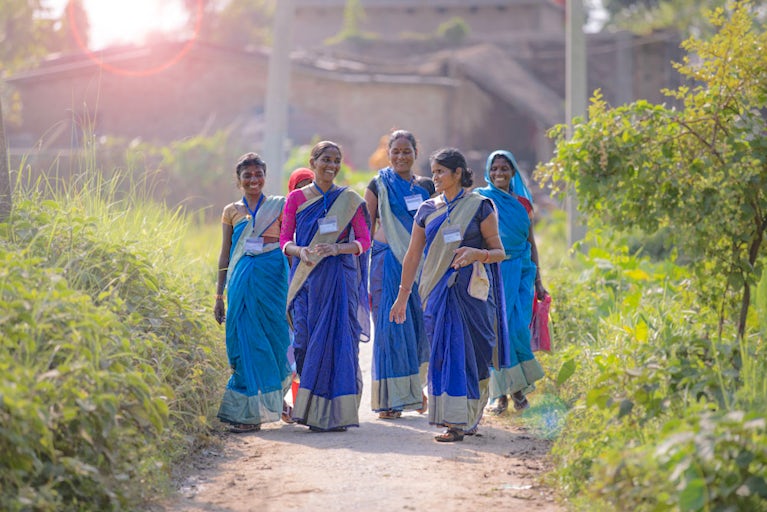
Breaking Barriers: Empowering Women In Bihar, India
By Gaurisha Malhotra | November 12, 2021
Women farmers make significant contributions to food production and household nutrition. Empowering women farmers leads to improved agricultural productivity and community resilience. Despite facing barriers like limited access to resources and education, women are key to rural development and poverty reduction. Their involvement in farming promotes gender equity and is vital for the sustainability and advancement of rural communities.
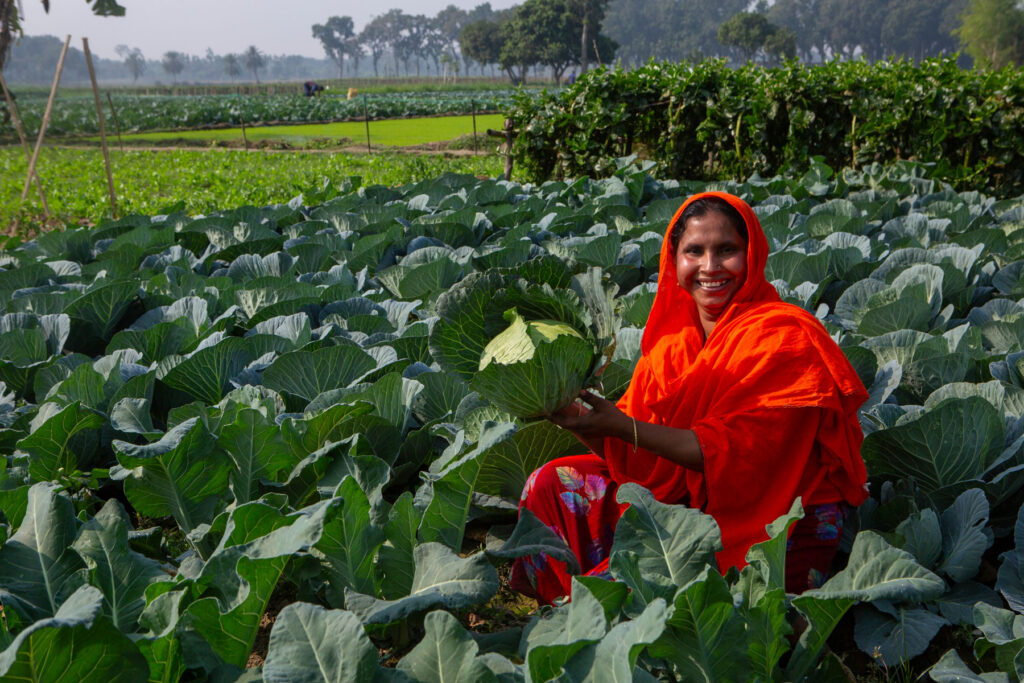
The role of women in agriculture is multifaceted. They serve as farmers, laborers, caretakers and leaders. They grow crops, raise animals, manage food production and contribute significantly to both household and national economies. In many rural communities, women farmers are responsible for everything from planting and harvesting to storing crops and preparing meals.
Globally, women in agriculture represent about 40 percent of the workforce, with even higher shares in low-income countries. In South Asia and sub-Saharan Africa, women’s participation is above the global average. The World Bank estimates that 80 percent of the world’s poor live in rural areas, where many of these women are based and farming is often the primary source of income.
Rural women also make up an estimated one-quarter of the world’s population and are central to food security, climate resilience and community well-being. Yet, despite their contributions, they often work with fewer resources and less recognition than men.
While their roles vary by region and context, rural women contribute to nearly every part of the agricultural process, from preparing fields and planting seeds to harvesting crops and rearing livestock. Many also take the lead in protecting natural resources, to help their farms adapt to changing climates and sustain productivity over time.
Alongside their farming responsibilities, rural women often carry the bulk of unpaid household work, including child care, cooking and collecting water or firewood. These combined efforts are foundational to their families’ nutrition, income and long-term well-being.
Despite the important role they play, women farmers in low-income countries face numerous challenges, including limited access to land, credit, and agricultural inputs, such as seeds and fertilizer. Women farmers rarely have equal access to opportunities and assets such as tools, financing and markets. Financial barriers and the need for technical assistance further limit women’s ability to thrive in agriculture. They often lack education and training opportunities, which restricts their ability to adopt efficient practices or advanced farming techniques.
Additionally, women are frequently burdened with unpaid household and caregiving responsibilities, limiting their time and energy for farming activities, and in every region of the world, women are more food insecure than men. These barriers hinder their productivity and livelihood potential, perpetuating cycles of poverty and inequality.
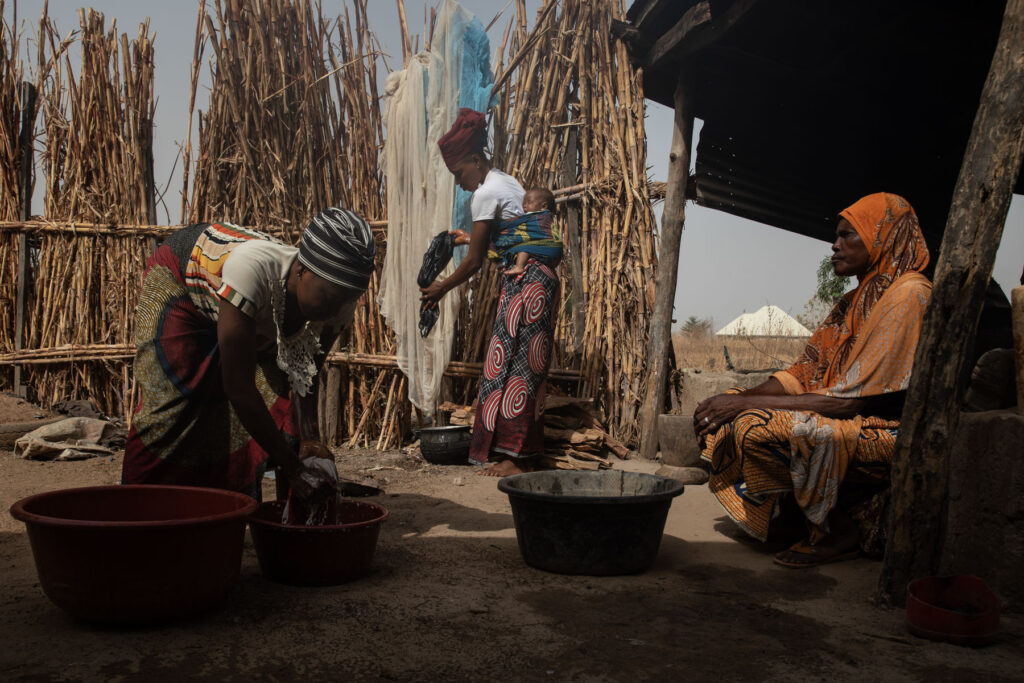
Women have equal economic rights to men in only 14 countries worldwide. Cultural and gender biases, along with discriminatory laws and regulations, hinder women’s access to secure land rights, technology, financing and markets. These barriers make it significantly harder for women farmers to improve their options and incomes compared to their male counterparts.
In many places, inequalities are reinforced by deeply ingrained customs and traditions. Cultural norms can keep women from venturing into new, diverse and often more profitable forms of agriculture. Various factors — including social, economic, environmental and cultural considerations — influence women’s participation in agricultural operations. In Uganda, for example, raising livestock is often considered “men’s work” and women are restricted to growing crops, even though raising livestock can be a better opportunity to earn income and access additional sources of nutrition, like milk.
These same social norms and gender biases restrict women’s decision-making power within agricultural programs and within their households. They often have little say over how land is used or how household income is spent, limiting their ability to invest in their farms or plan for the future.
These inequalities put women at a significant disadvantage, keeping them from building their resilience and reaching their full potential. According to the United Nations Food and Agriculture Organization, because of the challenges they face, women-run farms produce 20 to 30 percent less than farms run by men.
Land rights are another significant barrier for women in agriculture. Less than 15 percent of the world’s landowners are women. This means most women farmers aren’t able to make decisions about what they grow, how they grow it, or whether to buy or sell land. They also have less decision-making power around how household income is spent, which prevents them from being able to invest in their farms or purchase productive inputs, like goats or tools.
Heifer International has worked with smallholder family farms for more than 80 years and has seen firsthand the benefits that occur when women farmers have access to assets and the freedom to make their own decisions.
Women typically invest more of their earnings in their families and communities than men. When they have control over their productive assets and incomes, their families and communities benefit from access to better food, education and healthcare. Women also serve as key contributors to the agricultural industry in their countries, helping to drive progress and development at the national level.
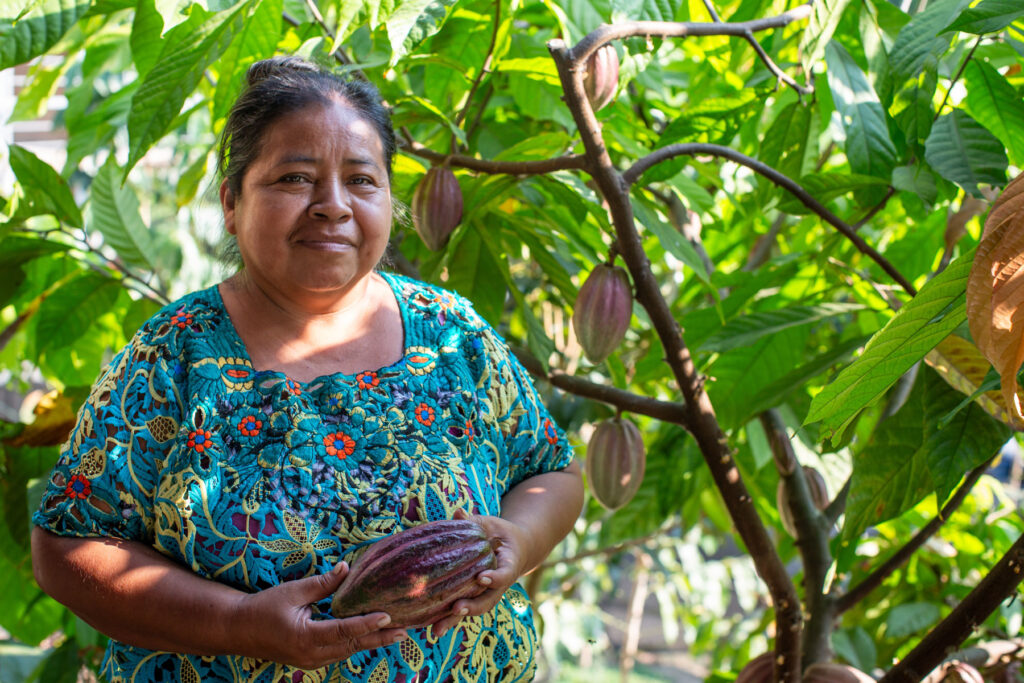
The agricultural sector, broader food systems and the global economy all benefit, too. Women play a vital role in promoting innovation and sustainability in the agricultural industry, advancing practices that support both productivity and environmental health.
The World Food Programme estimates that if women in agriculture had the same resources and opportunities as men, agricultural production could increase between 2.5 and 4 percent, and the number of malnourished people would decrease by 12 to 17 percent, lifting as many as 150 million people out of hunger and poverty. Ending hunger and poverty begins with supporting rural women.
Heifer works to close the gender gap in agriculture and create lasting change for women farmers — farmers like Workeye Endris in Ethiopia, Mosammat Laboni Khatun in Bangladesh and women leading agroecology and food sovereignty efforts in the Galápagos Islands of Ecuador.
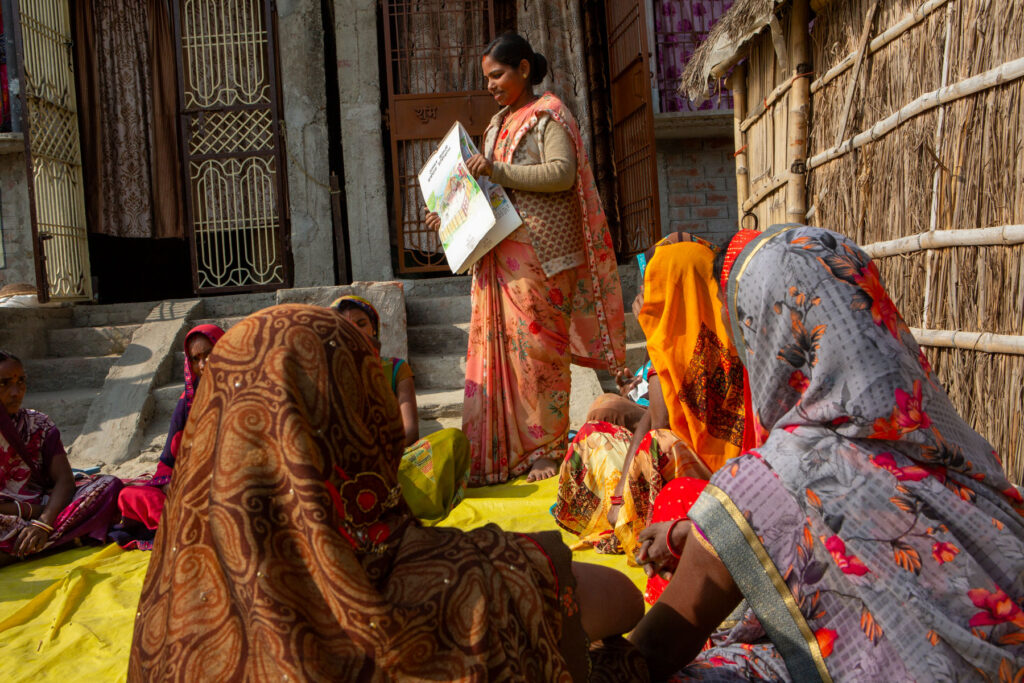
In Africa, Asia and the Americas, we support women in agriculture to overcome the challenges they face and access the tools and opportunities they need through locally led initiatives to improve their lives. We help them mobilize into self-help groups where they can build business skills, participate in savings and loan programs, gain confidence to enter profitable agricultural value chains and have a meaningful voice in their communities. We connect them to other farmers, business owners and entrepreneurs to build inclusive markets that create new opportunities for others.
In 2024, Heifer programs made substantial strides in promoting women’s empowerment, with women representing 67 percent of all participants in Heifer-supported programs, up from 58 percent in 2022. These efforts go hand in hand with engaging boys and men in discussions on gender equality — redefining masculinity and encouraging shared responsibility at home and in the community.
The contributions of women in agriculture extend far beyond their fields. When women have access to resources and the freedom to make decisions, they strengthen food systems, support local economies and open doors for others, shaping a future rooted in justice and opportunity.
Cart is empty
Success!
Please be patient while we send you to a confirmation page.
We are unable to process your request. Please try again, or view common solutions on our help page. You can also contact our Donor Services team at 855.9HUNGER (855.948.6437).
Covering the transaction fee helps offset processing and administrative fees that we incur through taking payments online. Covering the transaction fee for each payment helps offset processing and administrative fees that we incur through taking payments online. Covering the transaction fee for each payment helps offset processing and administrative fees that we incur through taking payments online.